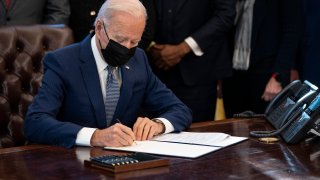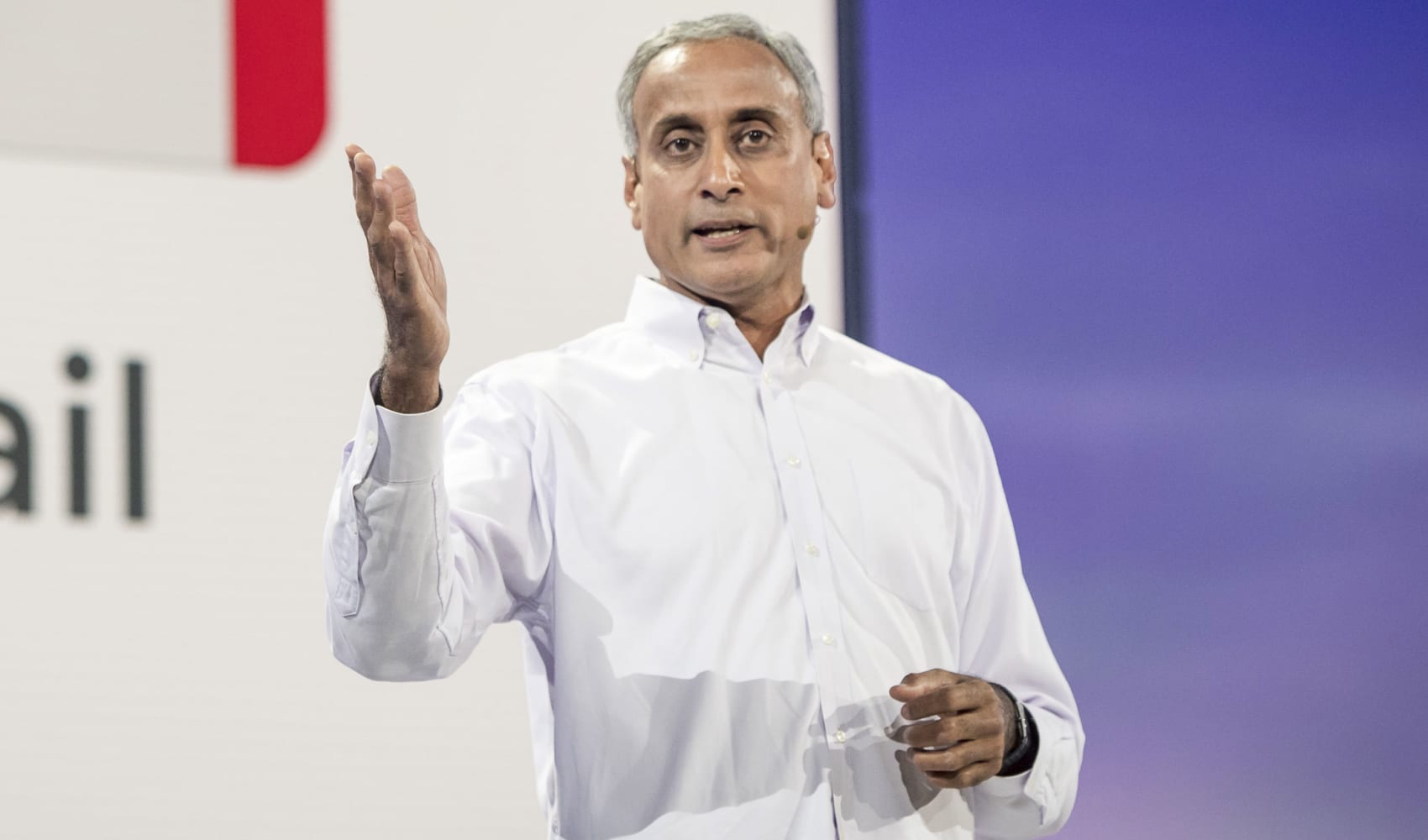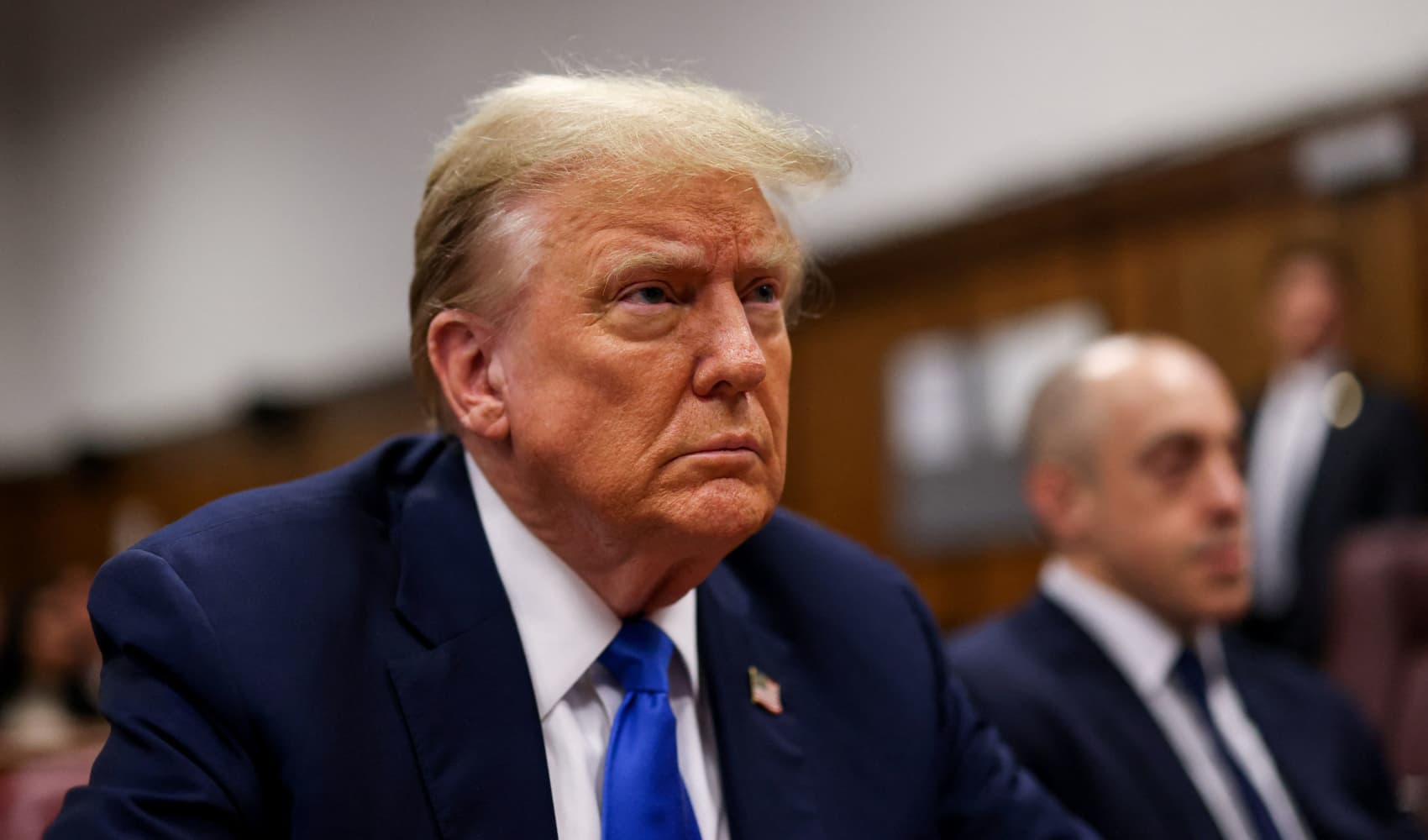
With the federal student loan moratorium recently extended to May, borrowers get another reprieve on making monthly payments.
But for borrowers that planned to resume payments over the next three months, this means that potentially thousands of dollars can now be used for other things, too, like topping up an emergency fund or paying down high-interest credit card debt.
Since there's currently zero interest being charged on the balance for federal student loans, you could decide to pick up payments when they resume in May. If that frees up some extra cash in your current monthly budget, that would be an opportunity to clean house financially, either by adding to your savings or investments, or by tackling other forms of debt.
"It really depends upon the borrower's larger circumstances," says Glenn J. Downing, a certified financial planner (CFP) and founder of CameronDowning. "If there is also high-interest debt, it's a good idea to divert the student loan payments toward getting rid of that debt. If the emergency fund isn't topped off, this would be another great use of those now-unneeded student loan repayment dollars."
Get Philly local news, weather forecasts, sports and entertainment stories to your inbox. Sign up for NBC Philadelphia newsletters.
Meagan Landress, a certified student loan professional with Student Loan Planner, agrees that tackling high-interest credit card debt and building up enough emergency savings to cover three to six months worth of expenses should be priorities.
After that, your third priority should be based on your specific financial goals, which could be anything from paying off student debt to saving up for a down payment on a house or saving for retirement.
"If Covid has wreaked havoc on your financial life and you need to rebuild a little bit, this is an opportunity to reset your finances," says Landress.
Money Report
"The most important step you can take is to adjust your budget now to prepare for your monthly student loan payments," says Haley L. Tolitsky, a CFP with Cooke Capital. "It's been over a year since you have had to make those payments, so get back into the habit by modifying your budget to include the loan payment."
If you don't think you can afford those student loan payments when they start again in May, check out this Department of Education webpage that will lay out your options, including an income-based repayment plan.
What is happening with federal student loan forgiveness?
Of course, borrowers can choose to pay down student loan debt during the pause, but it's also possible that the Biden administration will enact more federal student loan forgiveness before the freeze on payments and interest expires in May.
In that case, it presents a bit of a dilemma for borrowers: If there's still a chance that federal student loan debt could be forgiven (for say, $10,000, as is often discussed), payments made during the freeze could be wasted on debt they no longer need to be paid back.
At this point, however, there's no executive action or legislation planned to offer blanket student loan forgiveness, although last spring Biden initiated a review of his legal authority to discharge debt through an executive order.
Landress thinks that blanket forgiveness "is kind of dead in the water" but concedes that no one really knows for sure. Instead, she thinks it more likely that debt relief will be provided through existing federal programs.
Last year, the Department of Education announced over $10 billion in discharged loans through expanded qualifications for borrowers that are either in public service, have a disability or have been misled by for-profit schools.
Sign up now: Get smarter about your money and career with our weekly newsletter
Don't miss: Aiming to buy a home in the next year? Do these 4 things






